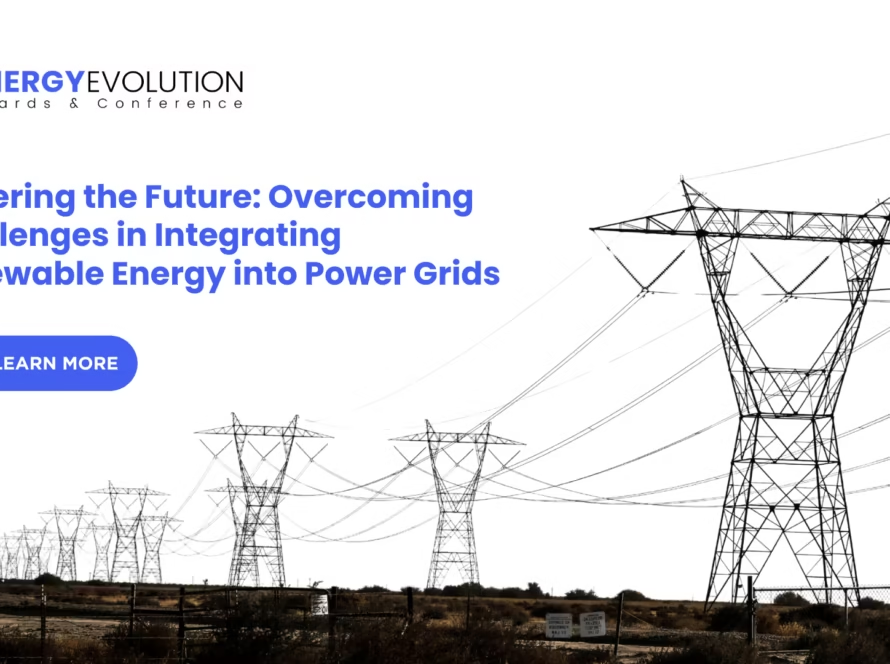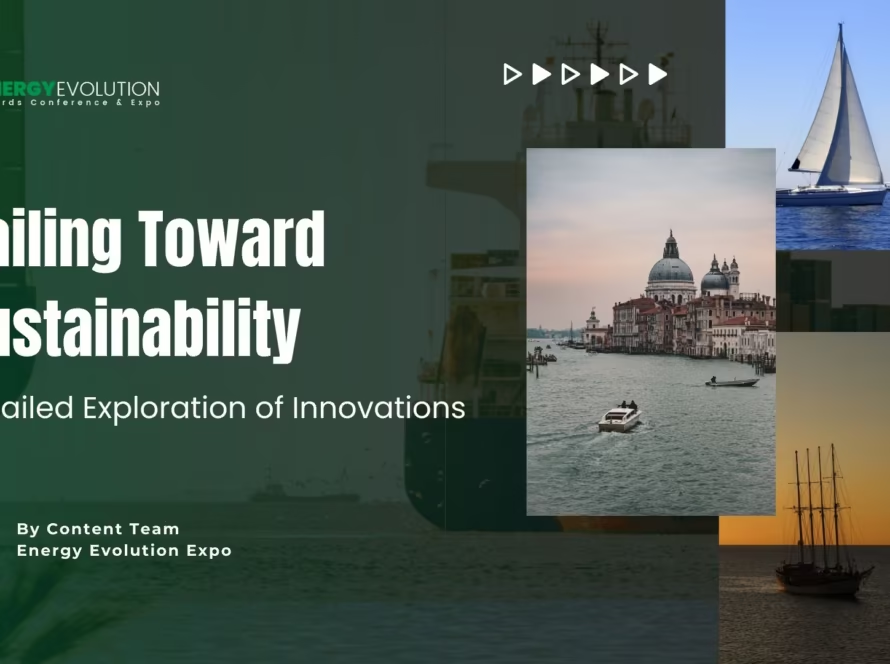The global energy sector is undergoing an unprecedented transformation, driven forward by the dynamic interplay of four critical forces: policy, consumers, investment, and innovation. Understanding how these elements converge is essential for businesses, policymakers, and technology providers seeking to remain at the forefront of energy evolution as we navigate the path from fossil fuels to a cleaner, more sustainable energy system.
Policy: The Bedrock of Clean Energy Acceleration
Policy frameworks are shaping the future direction of global energy markets. Ambitious climate targets, carbon pricing, and renewable energy mandates are now standard components of national agendas in both developed and emerging economies. In 2025, countries like the UAE, India, and members of the EU have accelerated the roll-out of large-scale renewable projects after strengthening regulations supporting wind, solar, and hydrogen. The recent overhaul of the US Inflation Reduction Act—though dismantled—demonstrates how shifts in policy can drastically impact market confidence and investment direction.
In the Middle East, the rise of green hydrogen and solar parks such as Mohammed bin Rashid Al Maktoum Solar Park in Dubai showcases policy effectiveness in attracting investment and advancing innovation. These initiatives are crucial not only for decarbonization but also for improving national energy security by reducing reliance on imports.
Consumers: From Passive Users to Power Players
Today, consumers are not just passive recipients of electricity—they are active participants and innovators. Driven by heightened climate awareness, cost-saving incentives, and digital empowerment, consumers are increasingly adopting home solar panels, electric vehicles (EVs), and energy storage systems. In countries like Germany and China, residential and commercial users are now feeding excess renewable power back into smart grids, fundamentally altering the traditional producer-consumer model.
In regions vulnerable to extreme weather and price volatility, households and businesses prioritize resilience and energy independence. Innovative community energy models—where local groups invest in shared solar and battery storage—are blossoming in both urban and rural settings, fostering collective climate action and lowering bills.
Investment: The Catalyst for Scalable Change
Energy transition investment continues to scale dramatically. In 2025, global energy investment in renewables, efficient grids, nuclear power, storage, and electrification is projected to reach $2.2 trillion. Notably, more capital is now being funneled into renewable energy than all other sources combined—solar alone outpaces new coal or gas investments by a factor of 10 to 1.
China remains a leader, driving global investment in renewables, batteries, and EVs, while Europe is focused on reducing dependency on Russian gas through aggressive efficiency and wind investments. Major companies and institutional investors are also ramping up green portfolios, spurred by ESG mandates and rising investor demand for decarbonization across industries.
Innovation: Unlocking the Future of Energy Technology
Technological innovation is the final accelerant. New breakthroughs in battery performance, grid management, artificial intelligence (AI) for energy analytics, and low-carbon fuels are changing the rules. With solar module prices dropping by 35% in a single year, and the costs of EV batteries falling below $100/kWh, renewables are now cheaper and more accessible than ever before.
AI-driven demand management and predictive analytics enable utilities and businesses worldwide to optimize power consumption and integrate variable renewables at scale. Meanwhile, the advent of advanced energy storage and next-generation hydrogen solutions marks a pivotal step in balancing grid loads and decarbonizing heavy industry.
Energy Evolution Award & Conference 2026: Where Ideas Converge
For those looking to stay ahead in this fast-moving sector, the Energy Evolution Awards & Conference 2026 will be a must-attend. Held in Dubai on February 10-11, this event brings together global leaders, policymakers, and innovators to showcase transformative solutions, explore the latest trends, and discuss investment opportunities driving the energy transition. Interactive sessions will cover policy reform, consumer empowerment, frontier technologies, and cross-sector collaboration, setting the stage for groundbreaking partnerships and actionable insights.
References
International Energy Agency (IEA). World Energy Investment 2025. Paris: IEA, 2025.
Renewable Energy Institute(REI) .The top 5 energy technology trends of 2025




